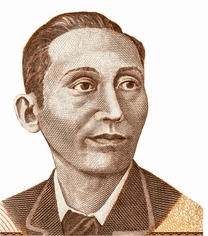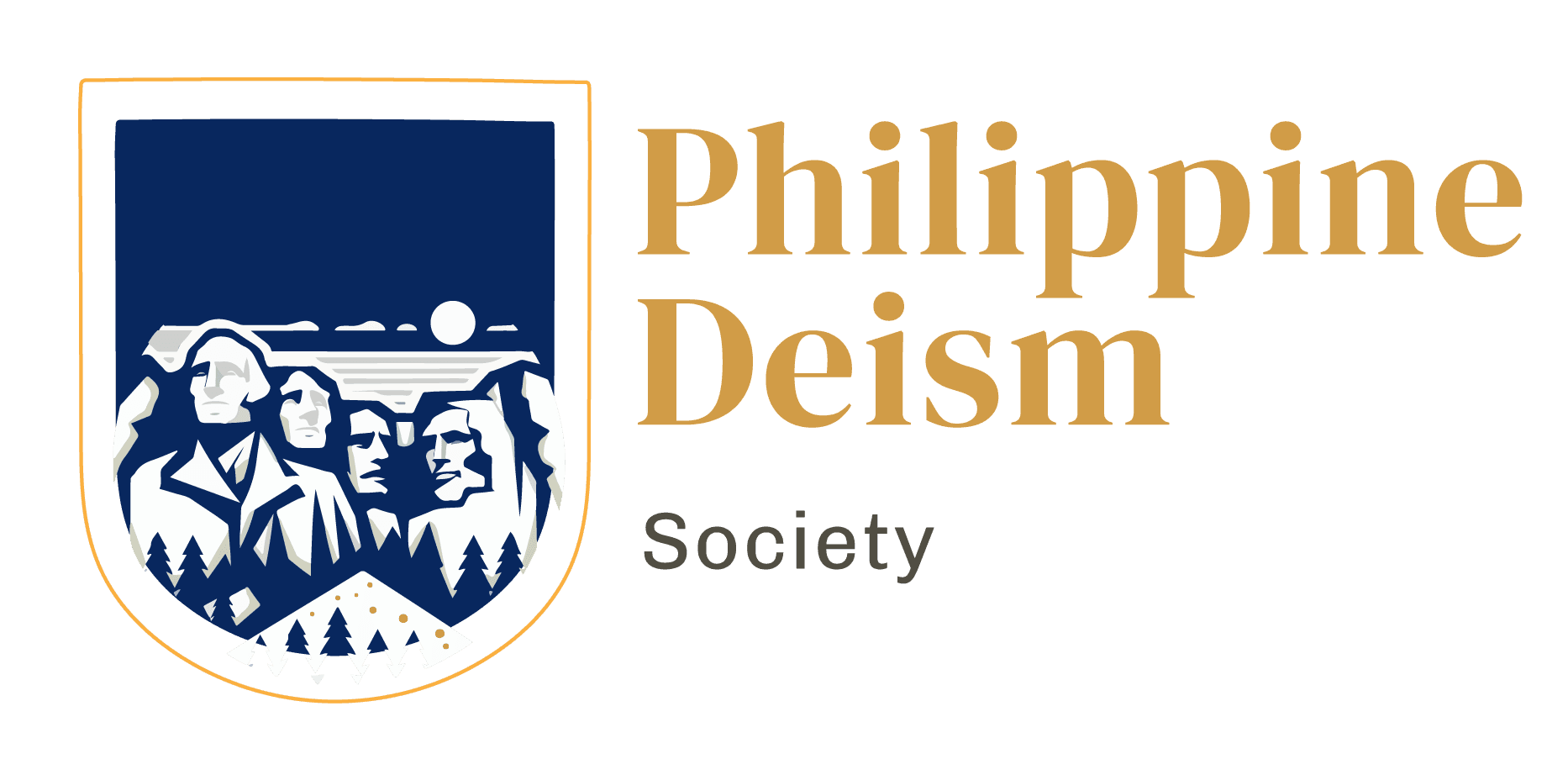Apolinario Mabini (1864–1903), often called the “Brains of the Philippine Revolution,” was a pivotal figure in the struggle for Philippine independence from Spanish and later American rule. Born into a humble family in Tanauan, Batangas, Mabini overcame early poverty to become a lawyer, writer, and revolutionary thinker. Despite being paralyzed by polio at the age of 32, he remained intellectually vigorous and deeply committed to his country’s liberation.
Mabini’s contributions to Philippine deism lie in his philosophical and spiritual outlook, which blended reason, morality, and a deep sense of nationalism. While he was not a formal theologian, his writings and principles reflect a deistic perspective, emphasizing the importance of reason and moral responsibility over dogmatic adherence to organized religion. Mabini viewed faith as a personal and rational pursuit, one that should guide individuals toward virtuous living and the service of humanity. This view resonated with the Enlightenment ideals of deism, which prioritize human reason and the belief in a Creator who does not intervene directly in worldly affairs.
His most significant work, La Revolución Filipina (The Philippine Revolution), outlines his vision for an independent Philippines governed by moral and just leaders. Mabini criticized the clergy’s misuse of power during the Spanish colonial period, advocating instead for a form of governance rooted in ethical principles rather than religious dogma.
Mabini’s intellectual legacy extended beyond his deistic inclinations. He was a central figure in drafting the framework for the first Philippine Republic and served as its first Prime Minister. His emphasis on moral governance and his rejection of tyranny made him a symbol of the Filipino people’s aspirations for freedom and self-determination, embodying the rational and ethical ideals that deism champions.


